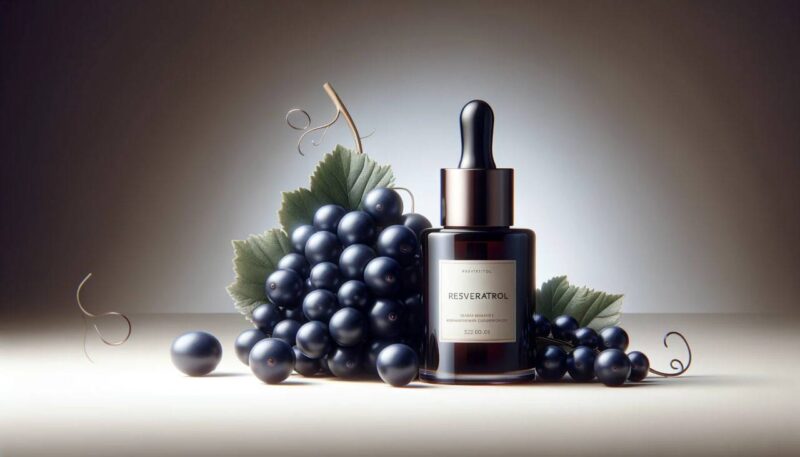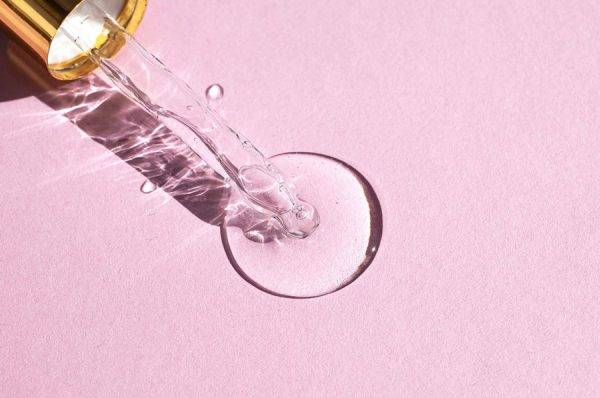Resveratrol is a polyphenol found in red grapes, peanuts, pomegranates, cranberries, sea buckthorn berries, and vegetables such as purple onions, tomatoes, red bell peppers, and spinach. Recently, resveratrol has garnered significant interest due to its exceptional properties. It has been identified to possess antioxidative, anti-inflammatory, antibacterial, and anti-cancer properties. Resveratrol protects against inflammatory and premature aging of skin cells, and also shields the skin from damage caused by free radicals. Studies have proven that resveratrol inhibits scar formation, reduces redness and inflammation in acne-affected skin.
The biological impact of resveratrol is influenced by its isomerization, where the active trans-resveratrol can convert to the cis isomer, thus reducing its biological effect. External factors like UV radiation and temperature can affect this isomerization. Therefore, encapsulating the active substance is essential. Resveratrol can be encapsulated in liposomes, dendrimers, polymeric nano- and microcapsules, or various types of micelles. Advanced technologies are used in bio-cosmetic products containing resveratrol for encapsulation, aiming to maintain its activity and increase compatibility with the skin’s lipid barrier. Encapsulated resveratrol, combined with high-quality marine-derived plant extracts, helps protect the skin from scar formation, brightens it, controls sebum secretion, and accelerates tissue regeneration.
In skincare, the benefits of resveratrol are numerous. Its antioxidative properties help in fighting against oxidative stress caused by environmental pollutants and UV radiation, which are major contributors to skin aging. The anti-inflammatory action of resveratrol can soothe skin, making it beneficial for conditions like rosacea, eczema, and acne. Its antibacterial properties help in preventing infections and maintaining skin health. The ability to inhibit scar formation and promote tissue regeneration makes it a valuable ingredient in products aimed at healing scars, reducing stretch marks, and improving overall skin texture. Encapsulation technology plays a crucial role in enhancing the effectiveness of resveratrol in skincare. By protecting the resveratrol molecule from external factors that can reduce its potency, encapsulation ensures that it retains its beneficial properties when applied to the skin. This leads to a more effective product, capable of delivering the full range of resveratrol’s benefits to the skin. Additionally, encapsulation helps in controlled release, ensuring that the skin receives a steady dose of resveratrol over time, which is more effective than a single, large dose. This enhances the ingredient’s ability to protect against free radical damage, promote skin cell renewal, and maintain healthy skin.




